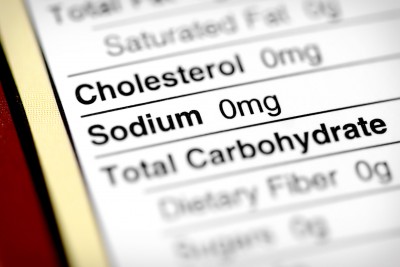Sleep is vital to a bodies overall well-being and does not include relaxing or taking a break from everyday routines. Ample sleep also may play a part in helping our bodies recuperate from sickness and injury. Continuous lack of sleep is associated with obesity, heart disease, depression and diabetes.
Adequate sleep is very important for emotional and mental well-being. If you suffer occasionally from sleep problems you may show signs of stress and be less productive in normal routine tasks. People with ongoing insomnia are more likely to develop psychiatric problems. In a recent survey, those who had trouble getting enough sleep described the inability to perform the following tasks:
- Memory
- Learning
- Logical reasoning
- Mathematical calculation
Facts
Inadequate sleep is thought to be a factor in strained relationships and unfulfilled potential at work, and overall is quite dangerous as it can lead to serious or possibly fatal accidents. Think about these facts from the National Sleep Foundation:
- Sleep problems get worse with aging.
- Lack of productivity and health care expenses cost approximately 100 billion dollars annually.
- Sleep deprived drivers are the cause of at least 100,000 police reported accidents a year.
- 40 million Americans report having difficulty sleeping.
How much sleep do you really need?
Sleep requirements are not the same for everyone; usually most healthy adults need no more than seven to nine hours of sleep a night. If you experience any of the following symptoms, you may need additional sleep, or a better quality of sleep, than you are receiving:
- Trouble staying alert during monotonous or boring activities
- Irritable feelings
- Trouble concentrating or remembering facts
Types of Sleep Disorders
Disorders of sleeping and waking hamper with quality of life and overall health. These problems range from staying awake or having a normal sleep/wake cycle to sleepwalking, bed wetting, nightmares, insomnia, restless leg syndrome, snoring and sleep apnea.
If you suffer with a sleep disorder there is help. Talk with your doctor about which sleep disorder program is right for you. If you have questions regarding sleep disorders please contact the specialists of Dominion Internal Medicine @ 540-878-5408 or visit us at www.dominioninternalmedicine.com. Most insurances accepted
Compassionate Care for a Healthy Heart, Body and Mind
Resources (http://ssov3.staywellsolutionsonline.com/YourFamily/Women/GoodHealth/WellBeing/Sleep/85,P01329





